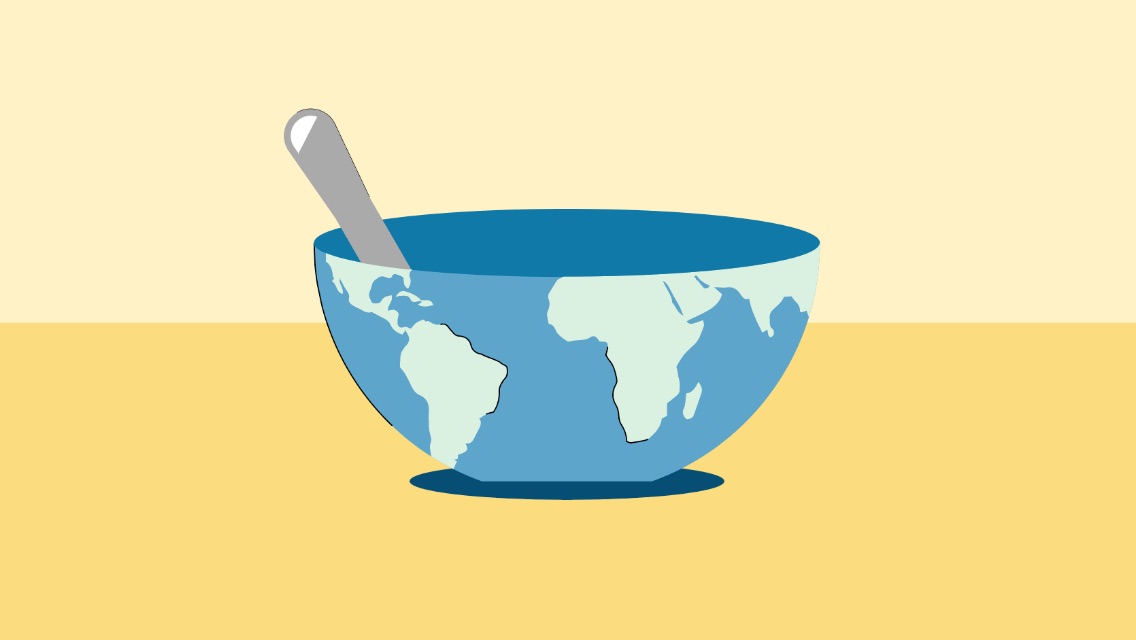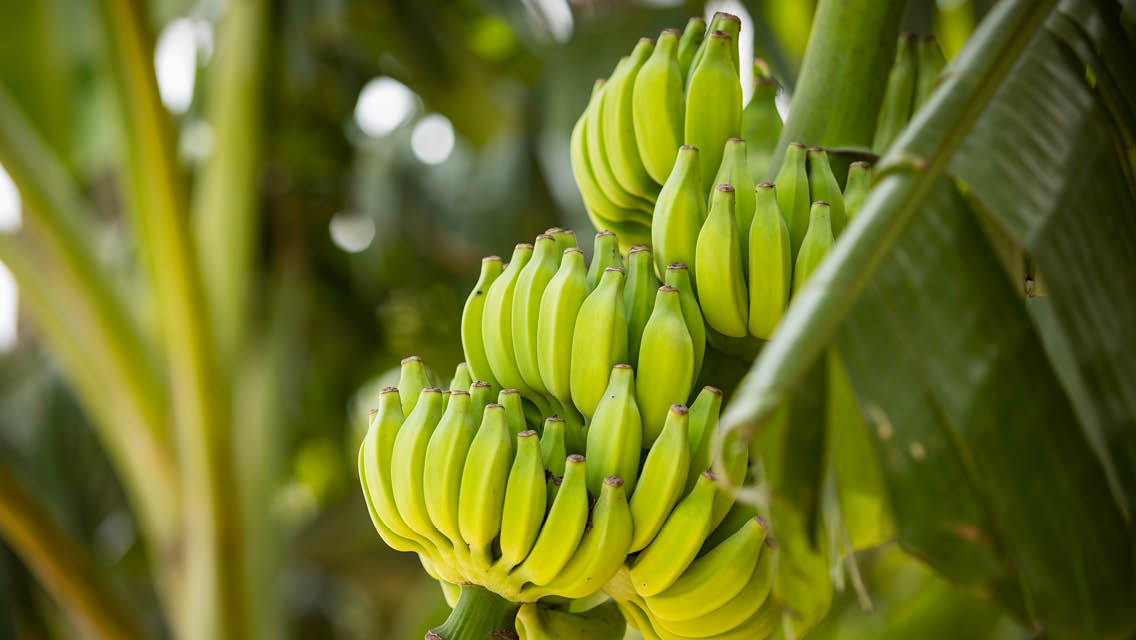Every time you raise your fork, you can take a bite out of the climate crisis. That’s the message from two recent studies analyzing the carbon footprint of various foods.
Researchers from Tulane University and the University of Michigan surveyed 16,800 Americans on their daily eating habits and then calculated the effect of replacing one high-carbon food with a more sustainable option. Their report was published earlier this year in the American Journal of Clinical Nutrition.
“People can make a significant difference in their carbon footprint with very simple changes,” says lead author Diego Rose, PhD, MPH, a professor at Tulane’s School of Public Health and Tropical Medicine.
Researchers found that beef has the largest carbon footprint in a person’s diet, emitting almost six times the amount of greenhouse gas of pork. And 19.8 percent of survey respondents reported eating at least one serving of beef daily.
Choosing a serving of chicken, turkey, or pork rather than beef, the study authors calculate, can reduce your daily diet’s greenhouse-gas impact by 48 percent and water-use impact by 30 percent.
Most veggies and fruit have relatively low footprints. Still, asparagus and some other vegetables require large amounts of water. Choosing peas instead of a serving of asparagus, for instance, could result in a 48 percent decrease in water use.
Similarly, choosing peanuts instead of almonds as a daily snack could provide a 30 percent water-use saving. Other thirsty plant-based foods include grapes and broccoli; swapping them out for apples and Brussels sprouts can provide substantial savings.
A 2018 Science meta-review of 570 studies analyzing data from about 38,700 farms in 119 countries reinforces the climate costs of beef and other animal products. These foods provide 37 percent of protein and 18 percent of calories worldwide but use 83 percent of global farmland and are responsible for 56 to 58 percent of food-related emissions, the authors write.
Even “lower-impact” animal products, like eggs, poultry meat, and some farmed fish, have a much larger carbon footprint than vegetable sources of protein, such as soy, legumes, peanuts, and grains, they note.
Curious about what you eat? Try the Climate Change Food Calculator based on the Science study.
By the Numbers
- Replacing a serving of asparagus with peas can result in a 48% decrease in water use.
- 19.8% of survey respondents reported eating at least one serving of beef daily.
- Selecting peanuts instead of almonds as a daily snack can provide a 30% water-use saving.





This Post Has 0 Comments